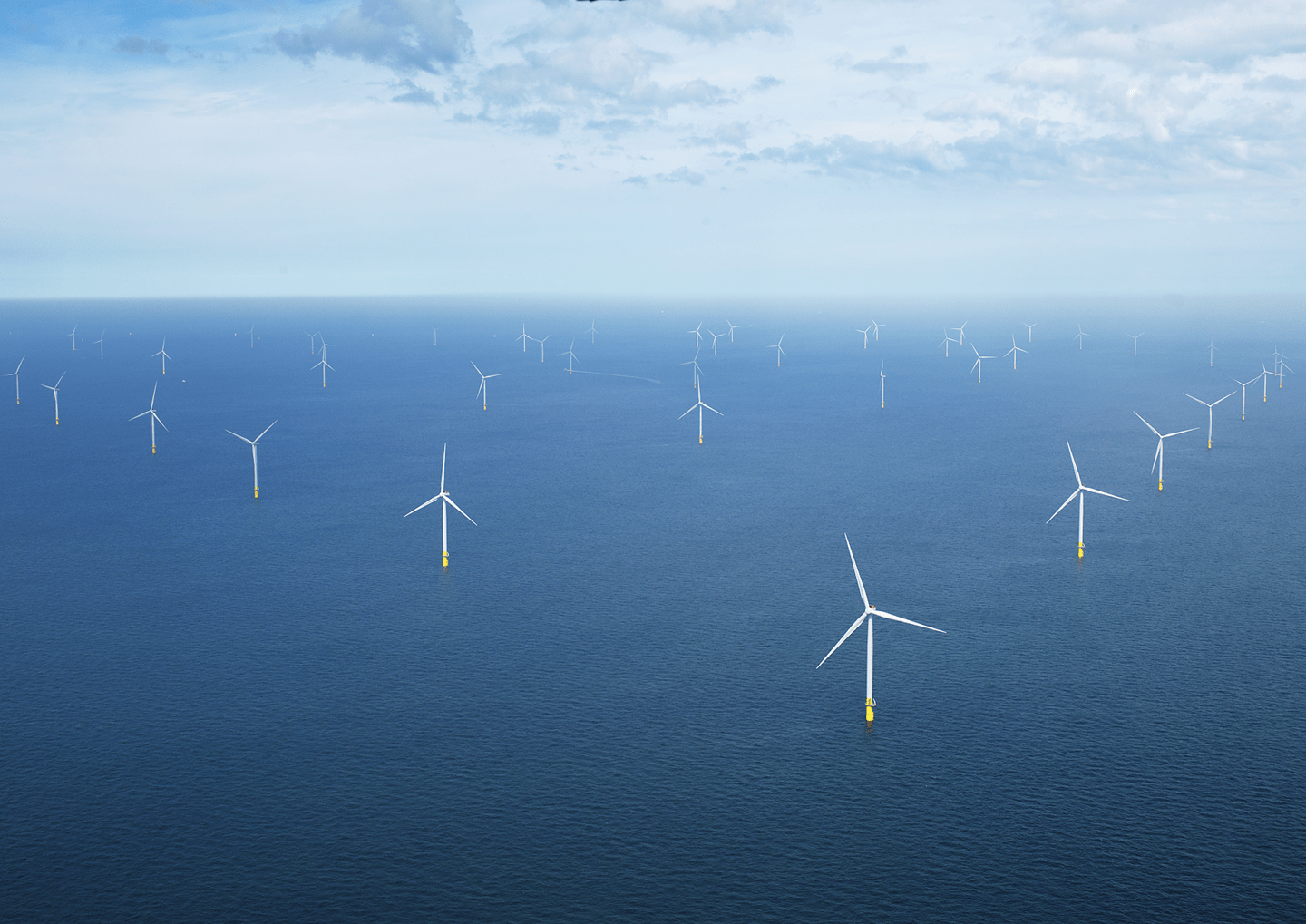
How Ørsted works to ensure a sustainable build-out of green energy


The global deployment of renewable energy has gathered pace over the past decade, and is set to triple from about 1,600 GW of installed renewable capacity in 2020 to nearly 4,500 GW by 2030. An accelerated green build-out is critical to halve carbon emissions by the end of this decade and limit global warming to 1.5 °C.
Ørsted, one of the world's largest renewable energy companies, is committed to a sustainable build-out of green energy. In its Sustainability report 2020, the company offers perspectives on the main sustainability challenges the industry needs to address to drive a rapid and sustainable green energy build-out.
"As a global society, we have to undertake a systemic shift, on a scale never before seen, to create a net-zero emissions world," says Mads Nipper, CEO of Ørsted. "We need to significantly increase the build-out of green power generation, accelerate the phase-out of fossil-fuelled power generation, increase green electrification in sectors currently running on fossil fuels, and continue to increase energy efficiency in all parts of society. Crucially, that action must take place now."
Mads Nipper continues: "Renewable energy is the key solution to climate change, but accelerating the deployment of green energy poses important sustainability challenges that we, as an energy industry, must find ways to solve."
Read the report: A sustainable build-out of green energy.
Three key sustainability challenges
Having reduced carbon emissions by 87 % since 2006, Ørsted is on track to become carbon-neutral in energy generation and operations by 2025. That would make Ørsted the first major energy company to transform from fossil fuels and reach net-zero emissions.
The company is also taking decarbonisation beyond its own walls, with a target of net-zero emissions in the entire carbon footprint by 2040. This entails gradually phasing out wholesale buying and selling of natural gas and engaging closely with strategic suppliers to decarbonise the supply chain.
With these plans in place, Ørsted prioritises three challenges it believes particularly important for a sustainable green energy build-out, and that the company will address through sustainability programmes:
By pursuing a programmatic and systematic approach to address these sustainability challenges, Ørsted continues to improve the sustainability of its green energy portfolio.
Sharing company knowledge on sustainability
Over the past decade, Ørsted has transformed from a fossil-fuel-based energy company to a global renewable energy company. At the same time, Ørsted has worked to address other pressing sustainability challenges that affect its business.
Ørsted's Sustainability report 2020 dives into five core work phases that identify and address sustainability challenges of importance to Ørsted's business and stakeholders - and thereby help support the company's performance and long-term value creation.
"We believe that only by sharing and engaging in dialogue about company practices can we help each other advance how we work on sustainability. That's why we chose, this year, to provide a much greater level of detail on our approach to sustainability than in our previous reports," says Mads Nipper.
For more on Ørsted's approach to sustainability and the company's sustainability programmes, download the report: A sustainable build-out of green energy.
Highlights of Ørsted's sustainability performance in 2020
Ørsted is among the first energy companies with carbon-emission reduction targets aligned with what science says is needed to limit global warming to 1.5 °C. These targets were approved by the Science Based Targets initiative (SBTi) in 2020. Other sustainability highlights of the past year include: